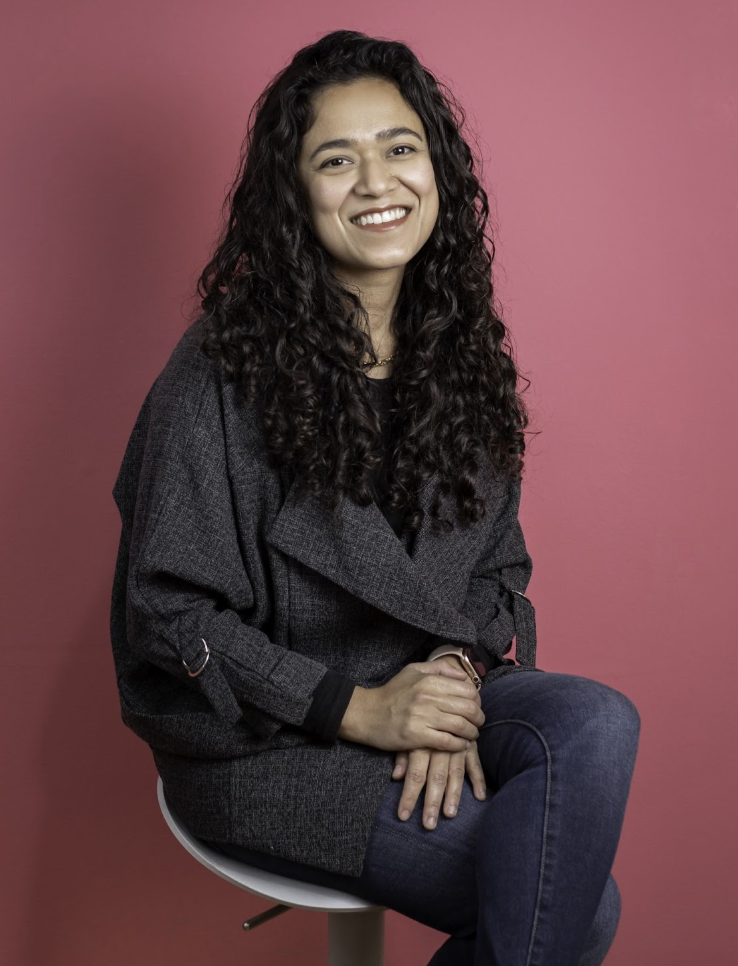In celebration of World Sexual Health Day, I sat down with Dr. Awwad, the co-founder of Egypt’s first-ever multidisciplinary female genital mutilation/cutting (FGM/C) clinic, Restore, to learn about the care and support offered to FGM/C survivors as they navigate relationships with their bodies, their partners, and themselves. The discussion is shared in two parts: in the first part, I explored how FGM/C impacts survivors' sexual health and the types of surgical and non-surgical therapies Restore offers their patients. In this second part, I discuss tailoring sexual education for survivors and Restore’s role in FGM/C prevention.
Starting conversations around sex and sexual health within the context of FGM/C can be difficult, particularly in countries like Egypt where these topics are considered taboo:
“Kids here [in Egypt] don’t grow up in schools with sex education classes or health education classes, so [FGM/C survivors] really don’t have any familiarity with that part of their body… They [survivors] don’t speak to their families [about sex], they can’t speak to their friends…you’ll find that no one spoke to their moms either and they kind of just figured it out on their own.”
To help ease survivors into conversations surrounding sex and sexual health within a clinic setting, Dr. Awwad begins by getting a sense of the type of sexual education her patients have already had, if any. Depending on the patient, Dr. Awwad might provide them with a mirror and ask if they would like to see their genitalia. If the patient agrees, Dr. Awwad explains each of the genitalia’s parts.
“I usually like to explain specifically about the clitoris – the anatomy of it, how it works. We talk about reaching orgasms, how a woman reaches them, and the misconceptions that are around vaginal orgasms versus clitoral. I try to give [survivors] as much information as possible.”
To further assist survivors, Restore’s psychologist and sexual therapist run a program to help survivors re-identify with their bodies.
“It’s all about their body…normal sensations, pleasurable sensations, all of these things…the results [from the program] have been really good so far, because the women learn how to reconnect with their bodies and feel comfortable.”
Dr. Awaad emphasizes that education not only improves survivors' understanding of sex and sexual health, but also acts as a prevention tool.
“The thing that we can do to reduce FGM/C in Egypt and actually start seeing numbers going down is education. We have to educate our kids – we have to put it in the school system – they have to know.”
Dr. Awwad believes that education will give young people the courage to speak against the practice.
“Even in coming to report FGM/C cases, with a little girl [if you teach her] she’s going to say no, no, no, no, you can’t do that to me, you know, and she might call and report her parents or tell somebody that would help her.”
This is why Dr. Awwad has connected with, Tadwein Center for Gender Studies, a research-based NGO that focuses on prevention and is producing some of the best research in Egypt around gender-based violence interventions.
“The prevention aspect has to change. It’s not working…we are going to start a campaign with new messaging and test it in an area to see how people respond to it. It is [made] for the men and it will be based around sexual health, because that’s what men will actually care about…I hope it works and we get some good results. But I think that this is why we have to start approaching it from a different aspect”.
By teaching men, Dr. Awwad believes it will help men to better understand the impacts of FGM/C on the lives of the women they’re closest to and hopefully encourage them to say, “I don’t want them to live like that”.
“That’s why awareness is so important, letting people know the impact that it [has] on these women’s lives”
For Restore it is important that they continue doing whatever they can to support survivors and raise awareness. Whether that is developing new prevention campaigns, holding events to provide free medical checkups for survivors, also to educate them about FGM/C, or participating in research that improves the care for survivors.
To find out more about Restore please visit Restore's website or follow them on Instagram.

